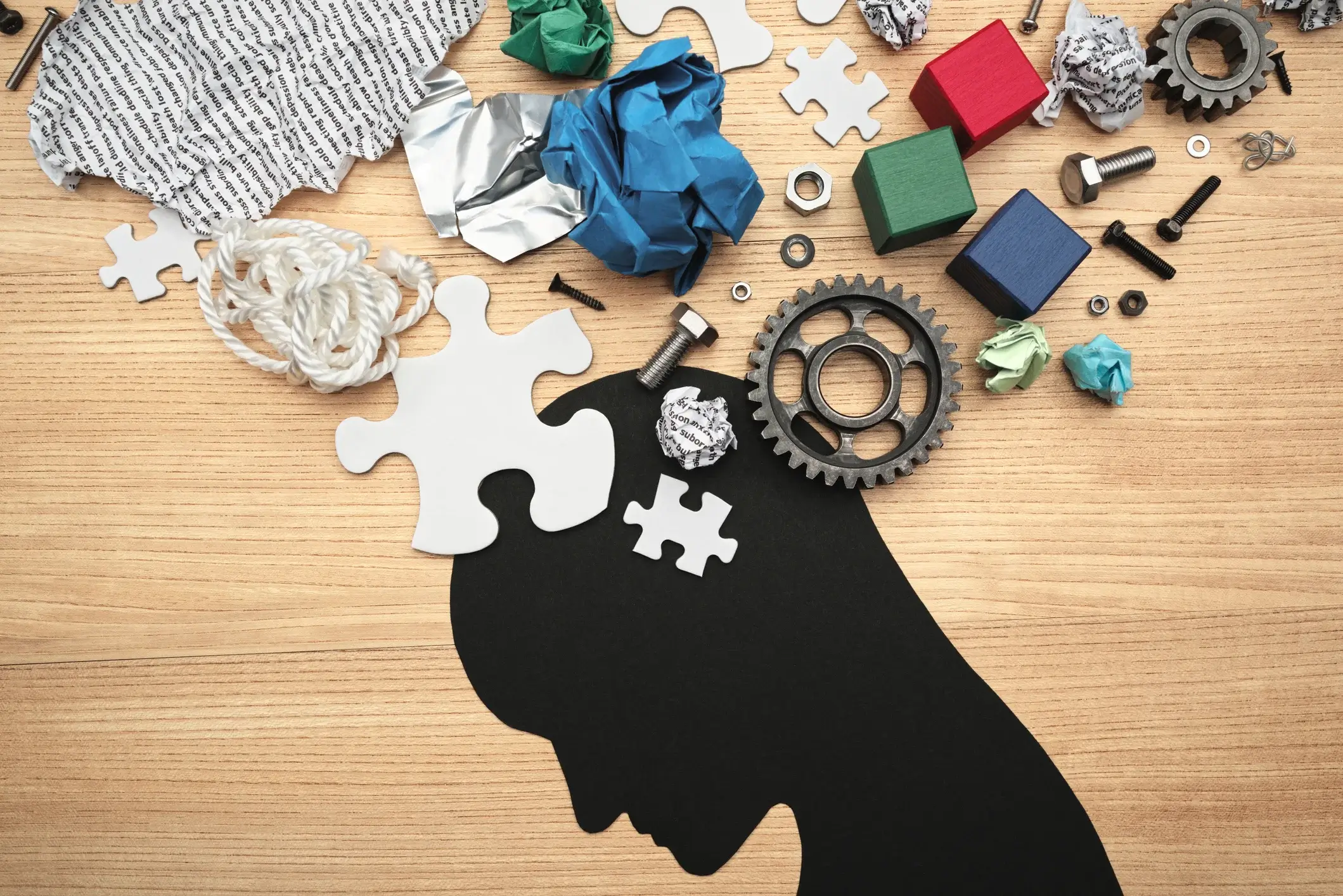It’s hard to say NO to many of life’s demands, and we often end up taking on way too much and becoming far more flustered and overwhelmed than we should. As a result, the stress that builds up starts to impact our psychological and emotional well-being. While a little bit of stress is a great driving force, too much of it will have the reverse effect and we become less effective, less in control and far less happy and healthy. The Yerkes–Dodson Law developed by psychologists Robert Yerkes and John Dodson in 1908 does a good job of elutriating this parabolic relationship between mental arousal and performance. While we know that stress can have very real physical impacts on us such as headaches, digestive problems, heart disease, lower energy levels and so on, it also takes a toll on our mental health. Let’s learn more about the psychological effects of stress and what we can do about it.
What you need to know about the psychological and emotional signs of stress
When we experience stress (remember, these can be real or imagined), our brains release both serotonin and adrenaline, and then the stress hormones are let loose! Long term or short term, it can have a variety of negative impacts on our state of mind. These can result in:
- Anxiety and anxiety disorders
- Depression
- Memory problems and difficulty with problem-solving
- Anger issues and increased irritability
- Addictive behaviours such as addictions to alcohol, drugs, food, gambling, sex, etc.
- Compulsive disorders and/or increased nervous habits
- Social withdrawal
- Mood swings
It’s important to note that the mental health symptoms of depression and anxiety coincide with the emotional signs of stress; it’s hard sometimes to differentiate between the two. While depression and anxiety may be caused or intensified by high stress levels, they can also have a variety of other origins not related to stress.
Ideas for improvement and avoiding stress triggers
As we know, people differ in how they are affected by stress; no two people will react exactly the same way. Not only are our brains wired differently, but our past life experiences, our genetic makeup and social influences all impact our ability (or inability) to internalize and manage stress.
Here are a few tips to help avoid or better control those situations that stress us out as well as manage stress better:
- Be prepared – whether it’s a job interview, moving to a new place or driving through a snowstorm, preparation is key. If we have what we need, we’re less worried. It’s that simple.
- Learn to say no – at the first signs of stress, slow things down and regroup. People will understand.
- Set your priorities – a good old-fashioned, numbered ‘to-do’ list will keep you focused and able to prioritize what really matters.
- Do things that make you happy, which will leave less time to fret and gives you something to look forward to.
- Look after your body – get enough sleep, exercise, fresh air and good food so that you’re better armed and ready for whatever comes your way.
- Make a change – if your job or home life won’t be getting any better and your mental health is paying the price, make a plan to move on.
- Be easy on yourself – working towards goals is one thing, but when it makes you feel bad about yourself and stressed out, it means you need to slow down or ask for help.
- Breathe – deeply. Every day. It’s a proven technique to help us be calmer and more focused.
- Talk to someone – preferably someone with experience such as a local community counsellor, spiritual leader, psychologist or psychiatrist. Failing that, a good friend will do!
For more detailed information and tips on holistic ways to reduce stress, stay tuned for next week’s blog!
“Everyday brings a choice: to practice stress or to practice peace.” – Joan Borysenko


